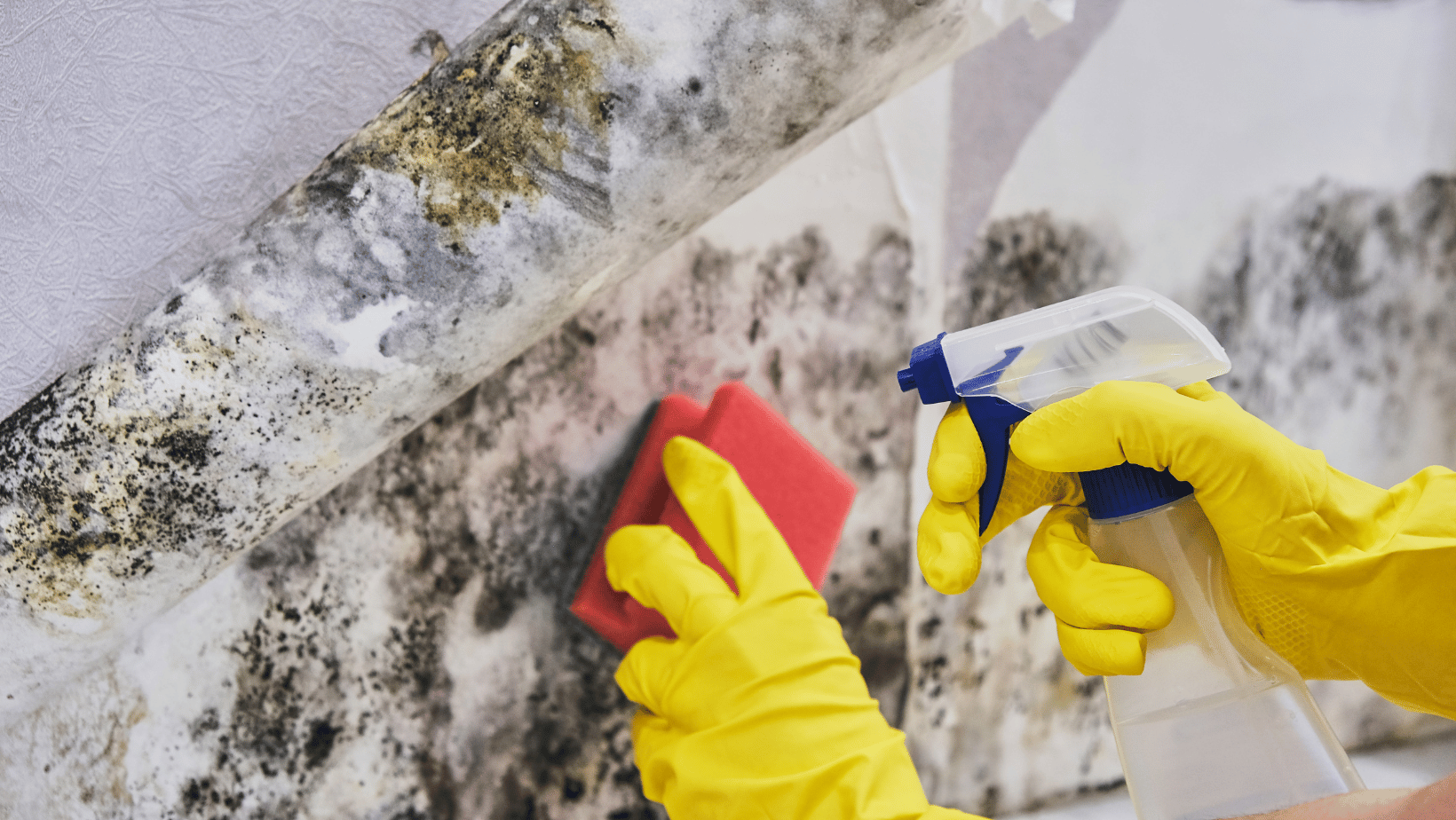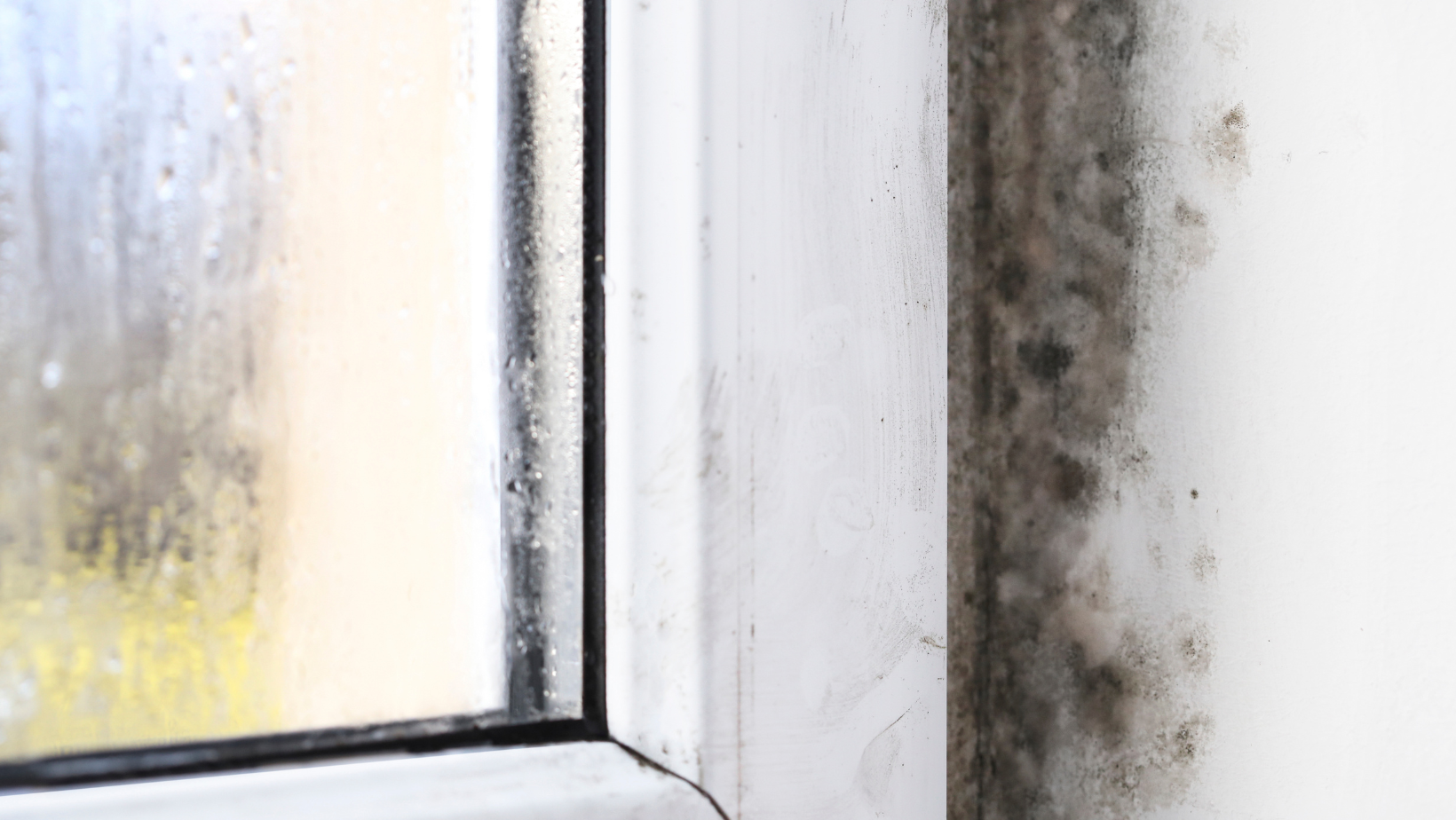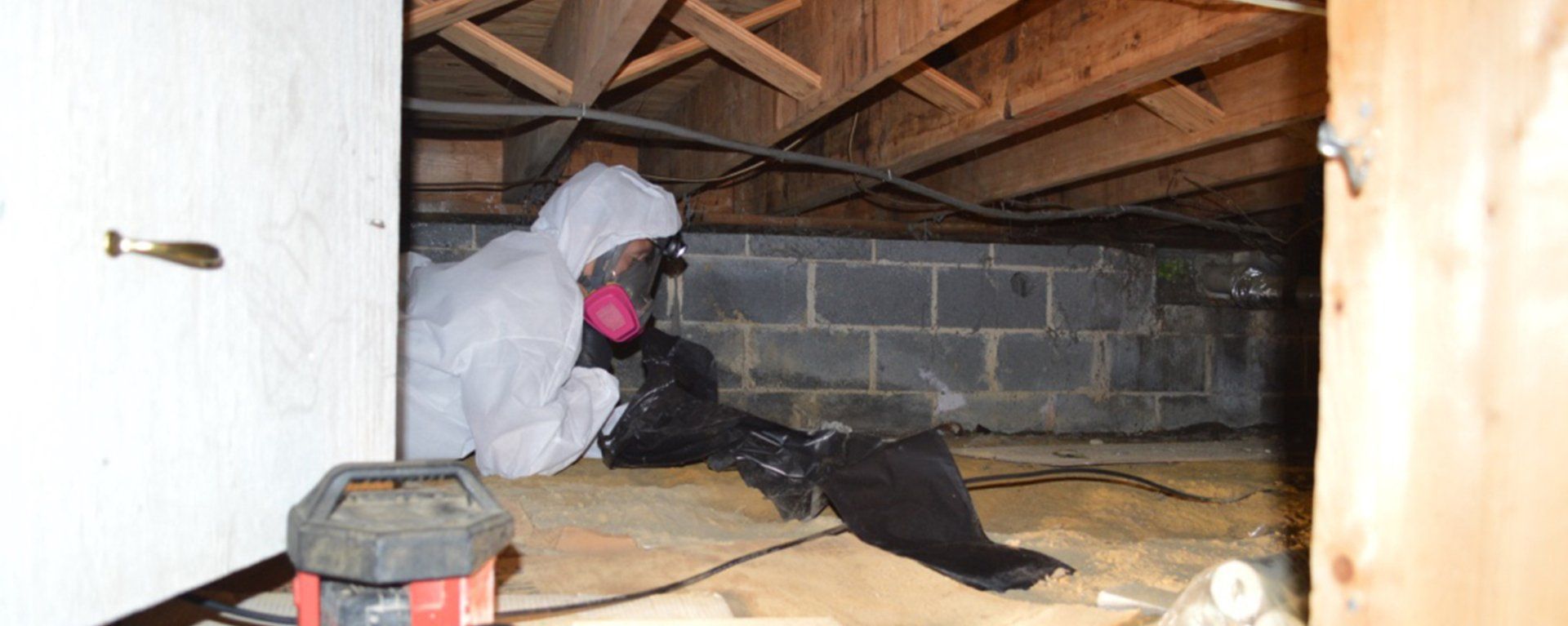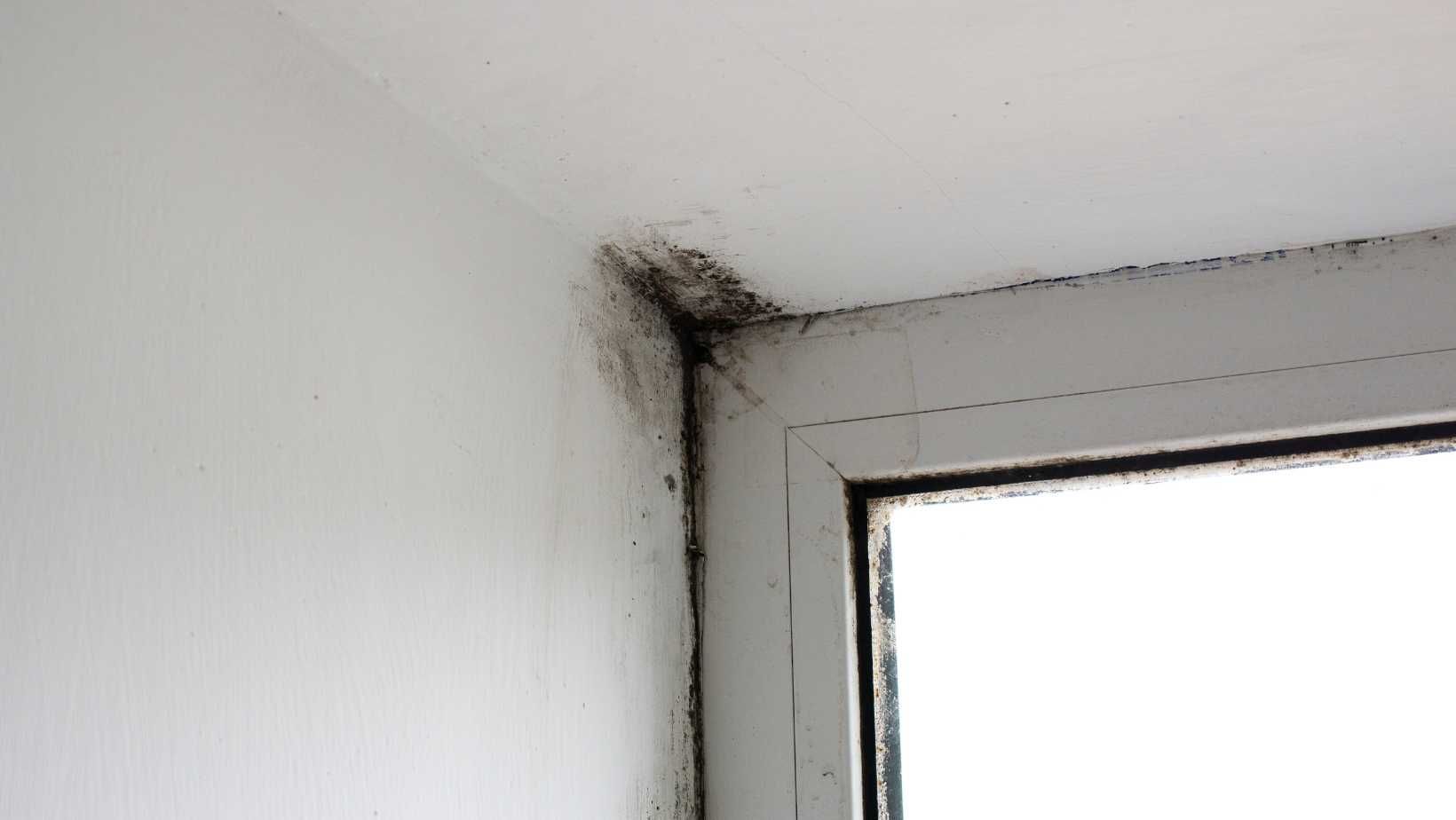How to Get Rid Of a Musty Smell In Your Louisiana Crawl Space
How To Get Rid Of A Musty Smell In Your Louisiana Crawl Space
You know it’s under there, you don’t like going there, but it’s there – it’s your crawl space – and it smells musty. Is it normal? Let’s find out.
Sources Of Musty Crawl Space Odors
Condensation: Sub grade areas of your home (below the soil line) are naturally cooler than above ground. When the warm air outside enters through your tiny crawl space vents, it causes condensation to develops on ducts, foundation walls, pipes and even your home’s framing.
Exposed Soil: The dirt beneath your home can – and usually does produce odors, especially when damp.
Insufficient air movement / ventilation: Air must move in order to dry. It’s that simple. With little to no air movement in the average Louisiana crawl space, it’s no wonder that air becomes stagnant and smelly!
Humidity: Our old friend – and foe. High humidity is not new here in Louisiana, and it certainly doesn’t help our crawl spaces. Humidity over 55% is enough for mold to begin developing. Above 60% relative humidity is where mold thrives – and considering the average humidity in Louisiana is over 70% most of the time – that’s a bad thing.
Flooding:
Unresolved flood waters that sit in your crawl space can cause mold and musty odors.
Is it mold? Or just a musty odor?
Good questions. In most cases, we can find mold and it’s causation through a detailed visual inspection. We can use tools like moisture meters and thermal imagers to locate moisture and temperature abnormalities. But, in some cases when there’s no visual evidence to support mold growth – but there’s a smell – the solution is mold testing. Sometimes, musty odors are just musty odors in or on building materials or organic materials. Musty usually equals damp, but damp doesn’t always equal mold. Get it? Airborne mold testing or surface testing can aide in determining if that musty odor is mold – or not.
Musty Odors & Your Health
If you are concerned about musty odors and the potential dangers of mold, then a mold inspection with air testing and perhaps surface testing is the next step. Surface testing will determine if what we see is mold. Air testing will determine if mold has become airborne which poses an inhalation injury threat. Once your mold samples are analyzed, your Louisiana Mold Inspector will be able to determine if your home poses a potential risk to your health.
10 Solutions for getting rid of musty crawl space odors.
- Mold Remediation: If mold remediation is needed, get one! Don’t play around with a mycotoxin causing fungus that can make you and your family sick. Have it done by a professional.
- Get it Tested: After remediation, have your crawl space tested by a 3rd party mold inspection company to ensure that it was done right – and is safe for your family!
- Follow Preventative Requirement or Recommendations: If your remediation company gives you a warranty, make sure to follow their warranty requirement.
- Vapor Barriers: Install a polyethylene vapor barrier over your dirt floor will minimize rising ground water vapors and will also minimize ground odors.
- Dehumidifiers: Almost all Louisiana crawl spaces can benefit from a good, professional-grade dehumidifier. Remember, damp air is musty air, so dry air must be better, right? Exactly!
- Seal Those Vents: If your crawl space has air vents, and you were smart enough to get a dehumidifier, then the last thing you’ll want to do is dehumidify the neighborhood! Close those vents and your dehumidifier will work much more efficiently.
- Insulate ducts and pipes: Condensation is one of the enemies, so fight back by having your crawl space duct work and pipes properly insulated to avoid condensation.
- Monitor and Inspect: That’s right, you have to get a little dirty – and I hope you don’t mind bugs! Get in your crawl space and look around for mold, water and check your humidity levels while your down there. Cheap hygrometers are available at most hardware stores. Keep that humidity below 50%!
- Foundation Walls: Make sure they are free of moisture or water penetration. Repair cracks and gaps.
- Ground Water: If your crawl space sits in a high water table, it would likely be on a slab. But it not, and you have ground water in your crawl space, you may need a drainage system to remove water from your crawl space.
What Next?
Give it time. That odor didn’t appear overnight. It’s had years to permeate the pores and building materials of your home. It infuses into clothing, furniture and even your hair! But don’t panic – be patient. Once you’ve followed the rules above, give your home time to dry out and normalize. Although much of the odors may have gone away after your mold remediation, some may remain. As the building materials dry out, they will gradually release less and less VOC’s (volatile organic compounds). VOC’s is just a fancy way to say “smells that can be bad for you.” Eventually, they will dissipate to unnoticeable levels and all will be good again.
Regular Mold Testing
Once you’ve experienced a mold problem in Louisiana, you’ll want to stay on top of things. Ensure you are following the preventative requirement of your remediation company. Consider having mold testing done once per year to monitor your crawl space for re growth or new moisture conditions.
Conclusion
With years of Louisiana Mold Inspections under our belts, our mold experts here at DryMax Mold know how to fix crawl spaces.
Call
(337) 446-2042 today for your Mold Inspection!
You might also like
DryMax Mold Blogs





